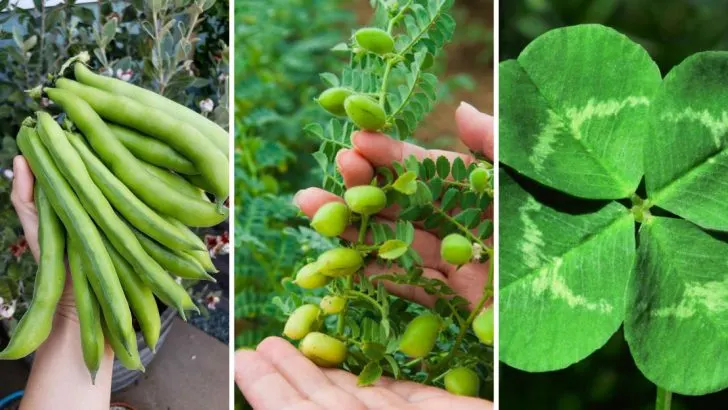Nitrogen is an essential nutrient for plant growth, especially for vegetables, as it promotes healthy foliage and strong root systems. While many gardeners focus on adding nitrogen-rich fertilizers to the soil, there are several plants that naturally fix nitrogen, making them perfect companions for a vegetable garden.
These plants help enrich the soil, improving its structure and providing essential nutrients for other crops. Here are 12 nitrogen-packed plants that every vegetable gardener should grow, ensuring a more sustainable and fruitful garden.
Peas
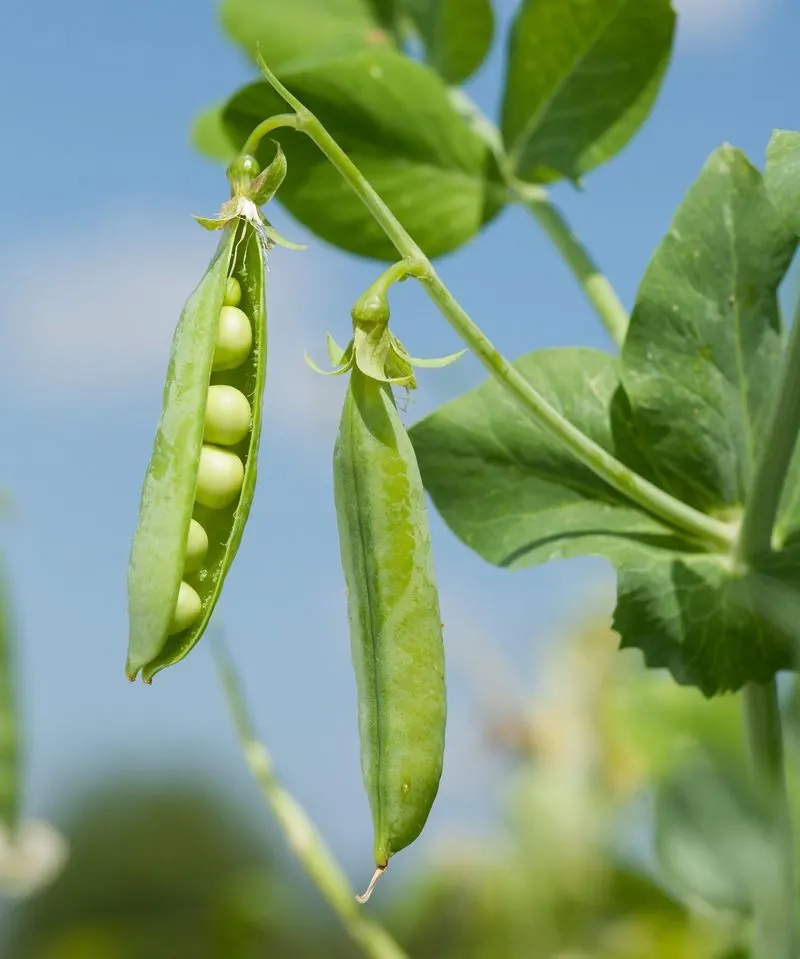
Peas, small yet mighty, are a gardener’s ally. These legumes transform barren soil into fertile ground, thanks to their impressive nitrogen-fixation abilities. With delicate tendrils reaching upwards, they support each other, minimizing the need for stakes. As they mature, their pods swell, offering sweet, crunchy rewards. Succession planting ensures a continuous harvest, keeping the garden productive. Companion planting peas with carrots or radishes can further enhance growth, creating a harmonious garden ecosystem. Their low maintenance and high yield make peas a staple in nitrogen-rich gardens, promising both beauty and bounty.
Beans
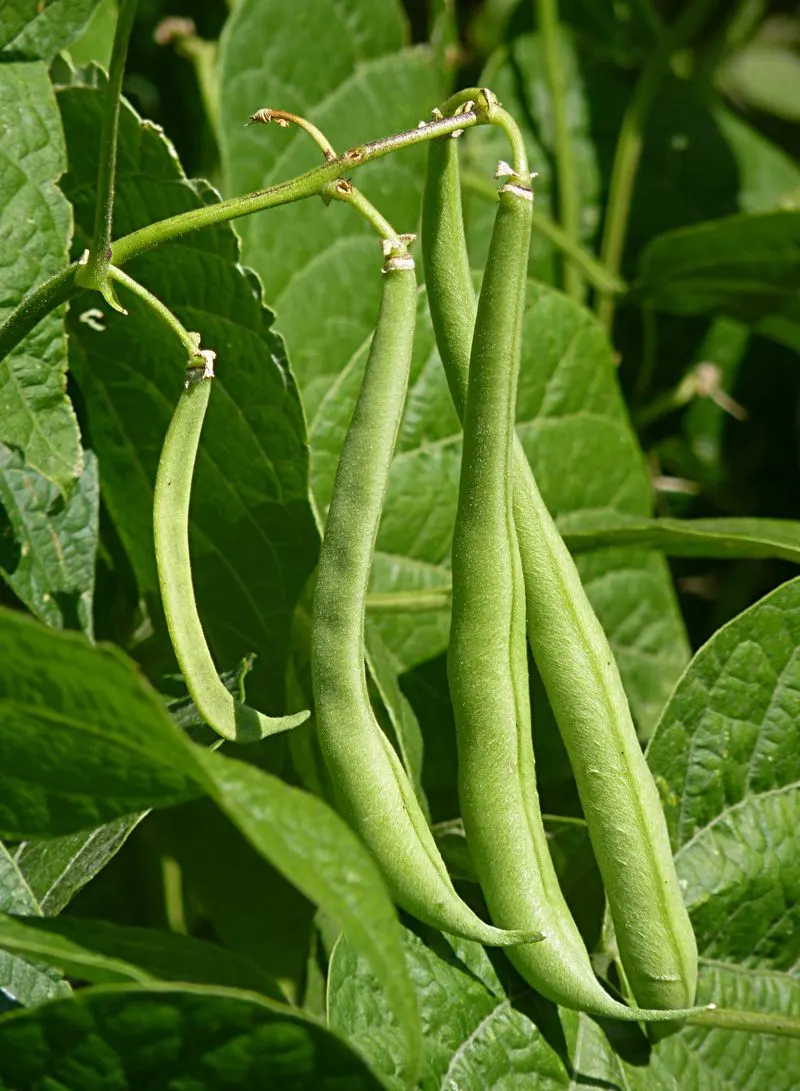
Beans are nature’s gift to gardeners seeking nitrogen enrichment. From bush beans to pole varieties, they offer versatility and vitality. As they grow, roots establish symbiotic relationships with soil bacteria, enriching the earth. Their vibrant pods, ranging from green to purple, add visual interest and nutritional value. Planting beans alongside corn creates a beneficial relationship, reminiscent of traditional Three Sisters gardens. Regular harvesting encourages more blooms, maintaining garden vitality. Beans, with their nitrogen-boosting prowess, ensure a flourishing vegetable patch, offering both diversity and sustenance.
Clover

Clover, often overlooked, is a hardworking plant in the garden. This ground cover not only suppresses weeds but also contributes valuable nitrogen to the soil. Its dense foliage forms a protective carpet, conserving moisture and enhancing soil structure. When used as a cover crop, clover can be tilled back into the soil, enriching it further. Its small white flowers attract pollinators, supporting garden biodiversity. For those aiming for a more sustainable, low-input garden, clover is an excellent choice. Its role in soil health and weed suppression is unparalleled.
Alfalfa
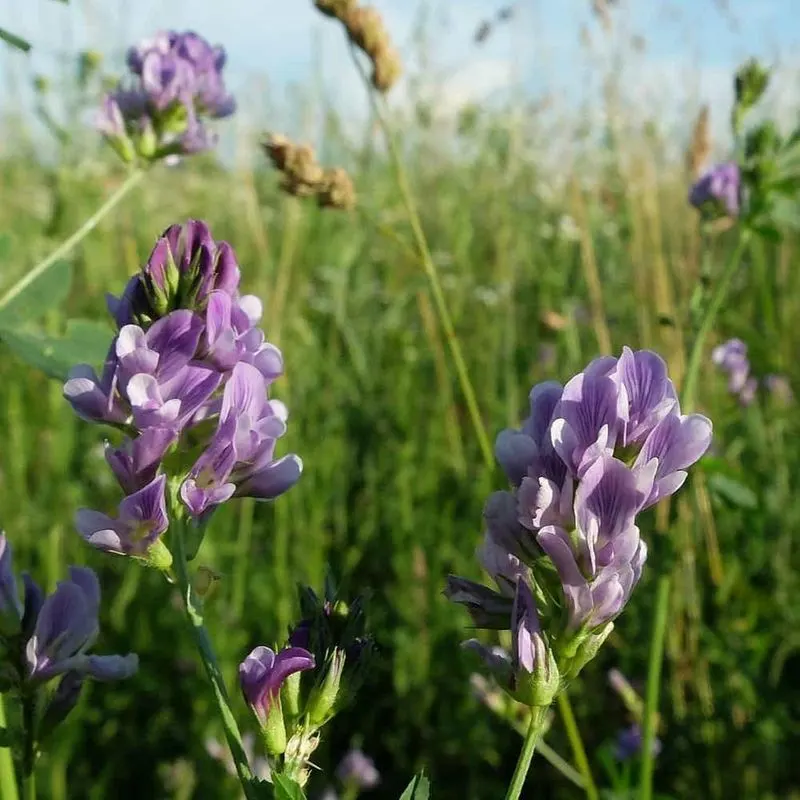
Alfalfa is a powerhouse in the realm of nitrogen-fixing plants. Known for its deep root system, it draws nutrients from far below the soil surface. As it grows, these nutrients, along with nitrogen, enrich the topsoil, benefiting neighboring plants. It’s often used as a cover crop, plowed back into the earth to enhance soil fertility. Alfalfa also serves as a fantastic mulch, keeping moisture in and weeds out. Its purple blooms add charm to gardens, while its nutrient-boosting capabilities promise improved plant growth and resilience.
Soybeans
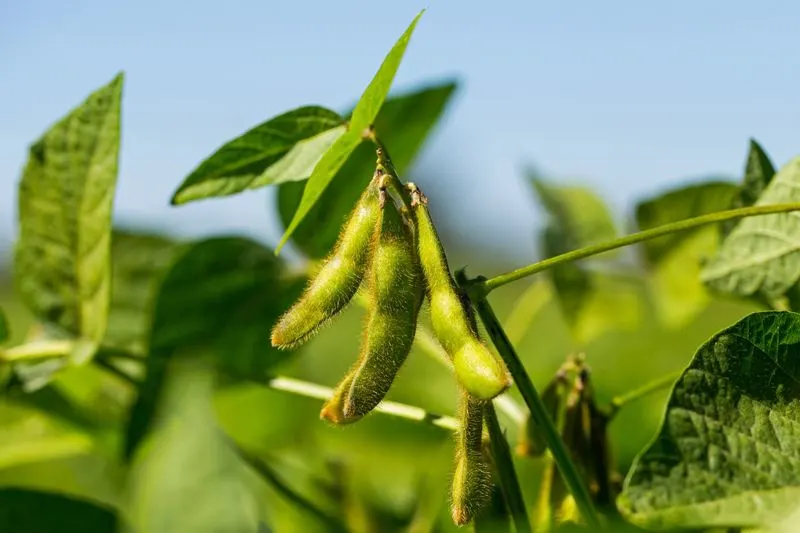
Soybeans stand out not just for their culinary uses but for their soil-enhancing prowess. As a nitrogen-fixing legume, they rejuvenate tired soils, preparing the ground for future crops. Their robust growth habit helps suppress weeds and protect the soil surface. With a straightforward cultivation process, soybeans reward gardeners with high yields and improved soil health. Integrating them into crop rotations can reduce the need for chemical fertilizers, promoting a more organic gardening approach. Soybeans are a staple for those aiming to balance productivity with sustainability.
Vetch
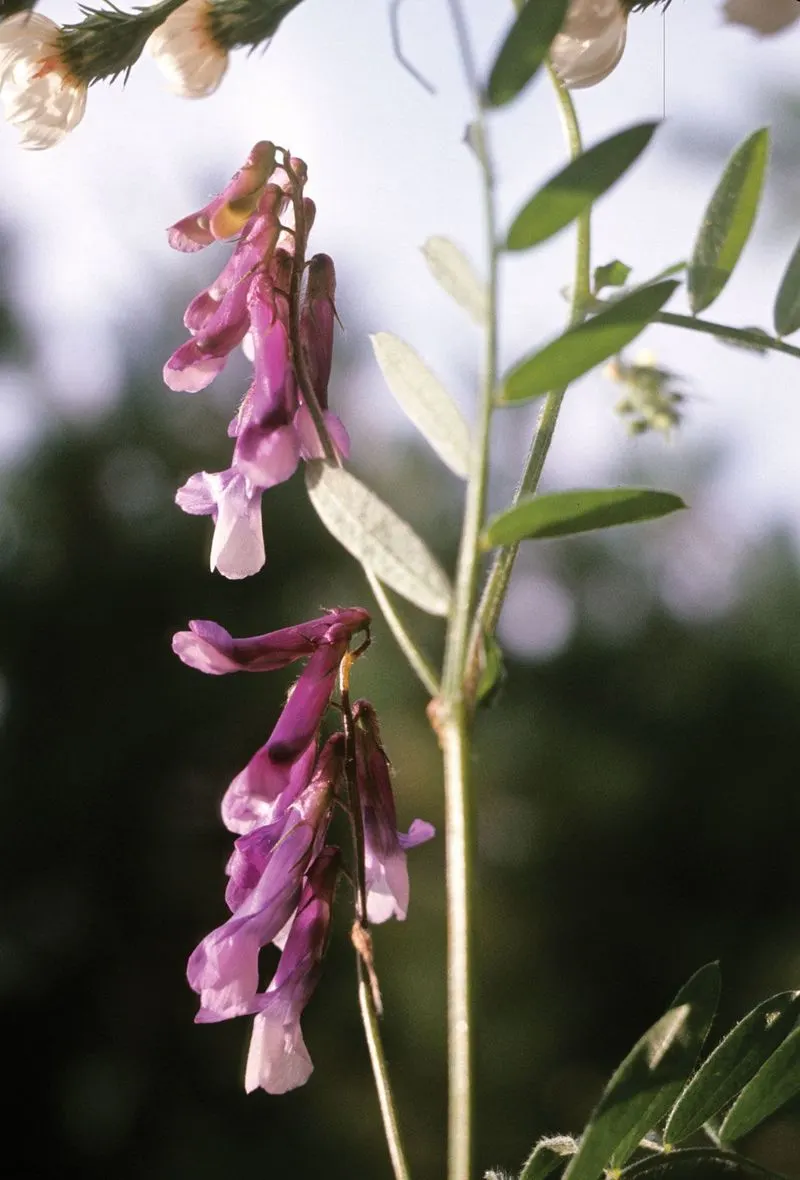
Vetch is a dynamic cover crop, celebrated for its nitrogen-fixing capabilities. Its sprawling growth habit quickly covers soil, reducing erosion and competing with weeds. When incorporated into soil, vetch releases nitrogen, bolstering the nutrient content for subsequent plantings. Its vibrant purple flowers not only beautify the garden but also attract beneficial insects. Vetch is particularly useful in crop rotations, paving the way for nutrient-demanding vegetables. For gardeners committed to sustainable practices, vetch is an invaluable addition, enriching soil and supporting diverse ecosystems.
Lupins
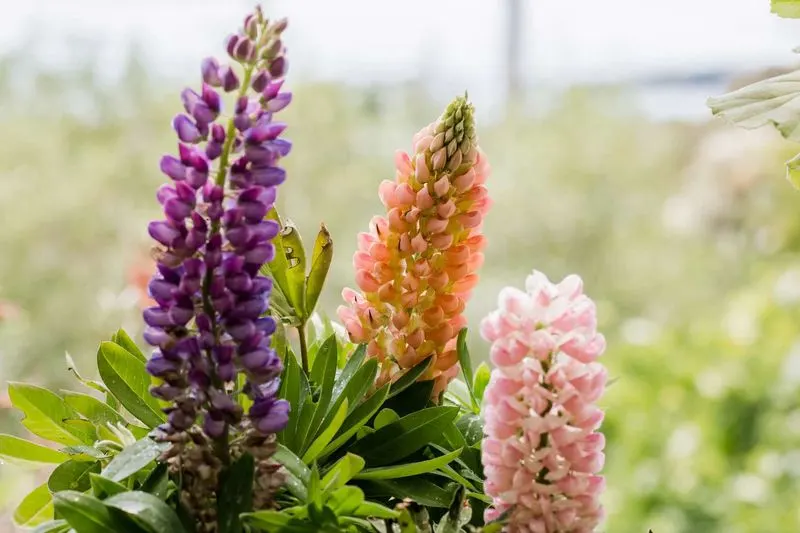
Lupins offer more than just vibrant spikes of color; they’re also champions of soil health. As nitrogen fixers, they convert atmospheric nitrogen into forms usable by plants, enhancing soil fertility. Their deep taproots break up compacted soil, improving structure and drainage. Besides their functional benefits, lupins add visual appeal, attracting pollinators and beneficial insects. They’re ideal for borders or wildflower gardens, contributing both beauty and ecological value. Incorporating lupins into your garden not only boosts soil health but also enriches the landscape with color and life.
Fava Beans
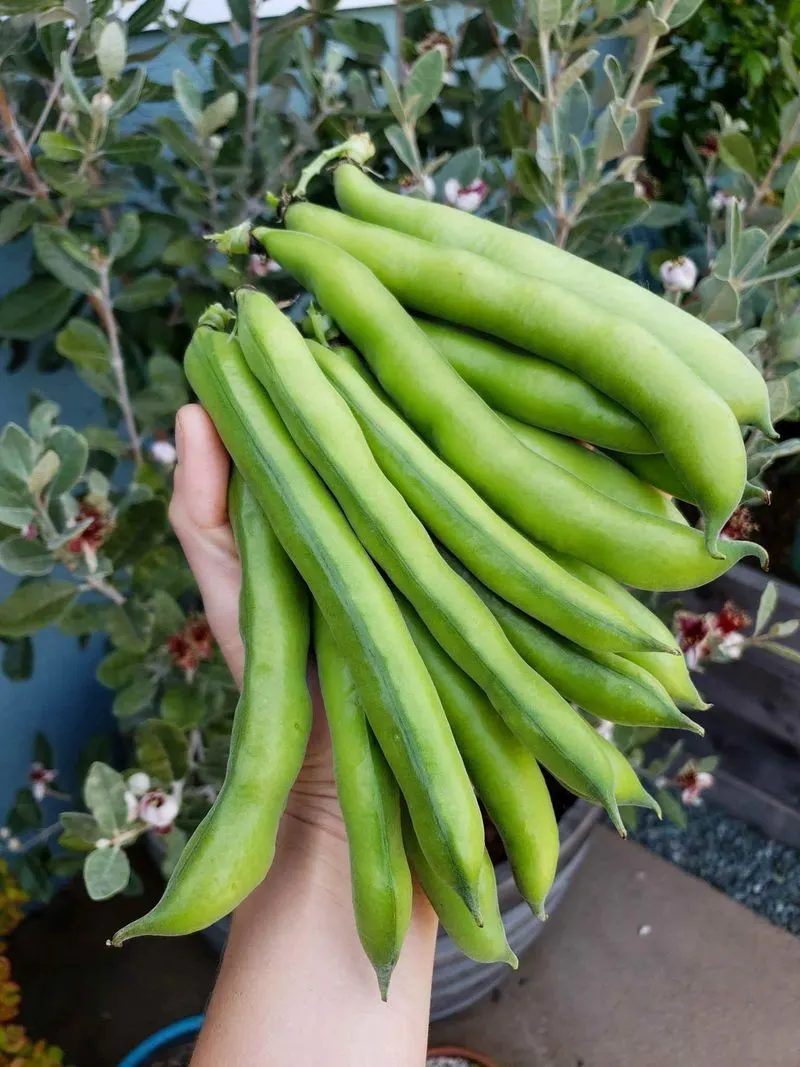
Fava beans are more than just a hearty winter crop; they’re a boon for soil health. Their roots work symbiotically with bacteria to fix atmospheric nitrogen, enriching the soil for future plantings. Fava beans thrive in cooler temperatures, making them a versatile choice for off-season gardening. Their broad leaves offer excellent ground cover, reducing weed pressure and moisture loss. As they mature, these beans provide not only edible seeds but also organic matter when tilled back into the soil, enhancing its fertility. Fava beans embody sustainable gardening practices at their best.
Lentils
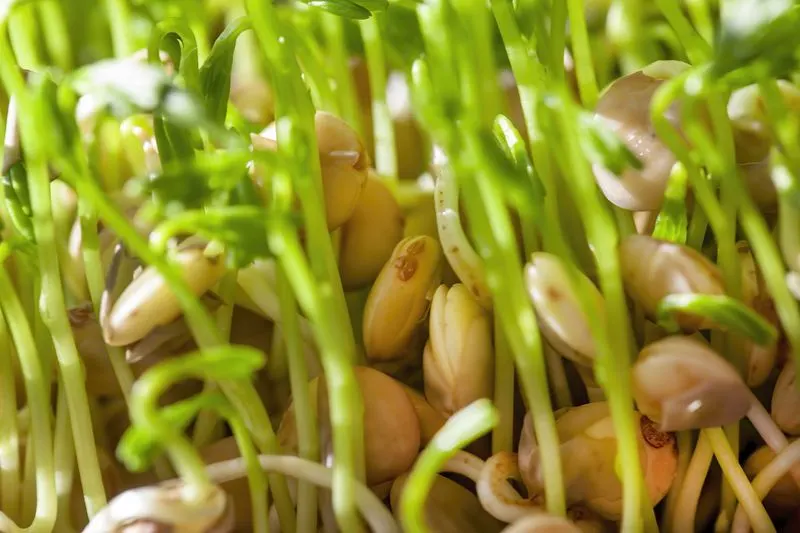
Lentils are a unique addition to the nitrogen-fixing family. These plants thrive in well-drained soil, making them suitable for various garden settings. Their compact growth habit makes efficient use of space, and as legumes, they contribute nitrogen to the soil. Lentils can be planted alongside cereal crops, improving overall soil health and productivity. Upon maturity, they offer versatile culinary options, from soups to salads. Their ability to fix nitrogen, combined with their edible yields, makes lentils a pragmatic choice for gardeners seeking both sustainability and variety.
Chickpeas
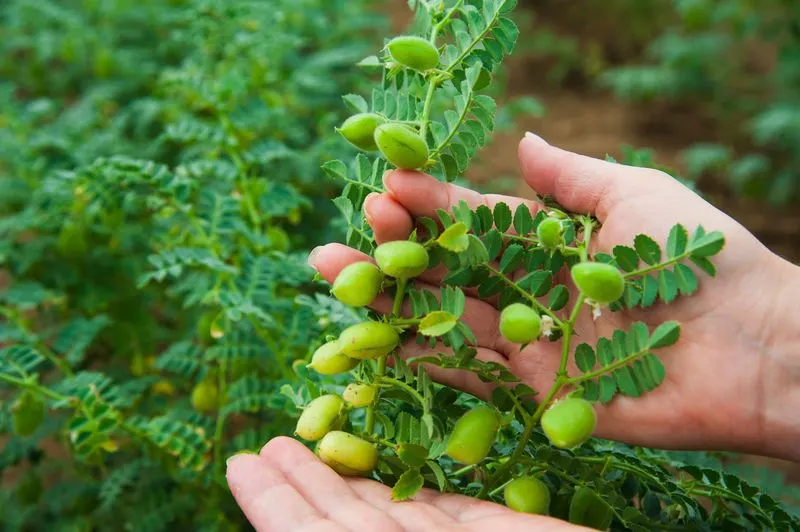
Chickpeas, with their rich history and global prominence, are a valuable asset to any garden. As a nitrogen-fixing legume, they help revitalize soil, preparing it for subsequent crops. Chickpeas have a unique growth habit, with pods close to the ground, making them sturdy against wind and weather. They thrive in sunny conditions, offering high protein yields. By incorporating chickpeas into crop rotations, gardeners can reduce reliance on artificial fertilizers. Their resilience and nutrient contribution make them a smart choice for those aiming to cultivate a balanced, productive garden.
Fenugreek
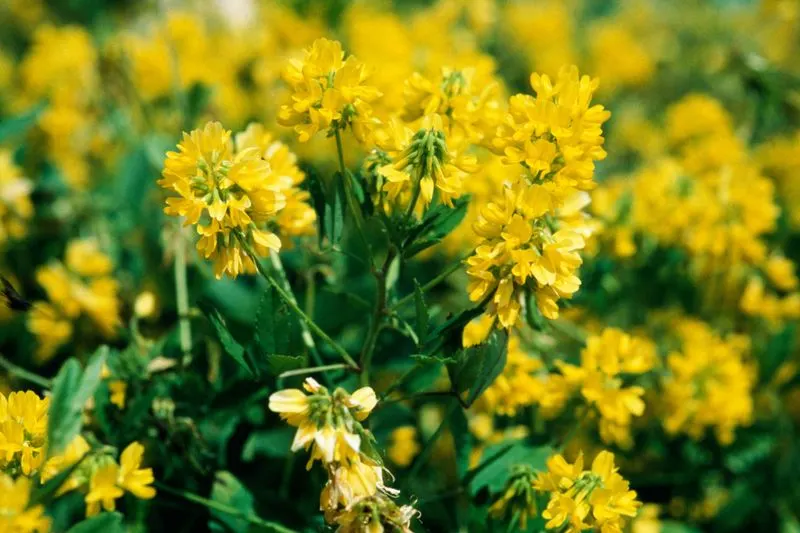
Fenugreek stands out in gardens for its dual role as a culinary herb and a nitrogen-fixing plant. Its tender leaves and seeds are popular in various cuisines, while its roots contribute to soil health. Fenugreek’s modest growth habit makes it suitable for small spaces or interplanting with other crops. Its ability to fix nitrogen enhances soil fertility, benefiting companion plants. As it matures, fenugreek continues to enrich the garden ecosystem, attracting pollinators with its small white flowers. This plant not only promises culinary delights but also sustainable gardening benefits.
Cowpeas
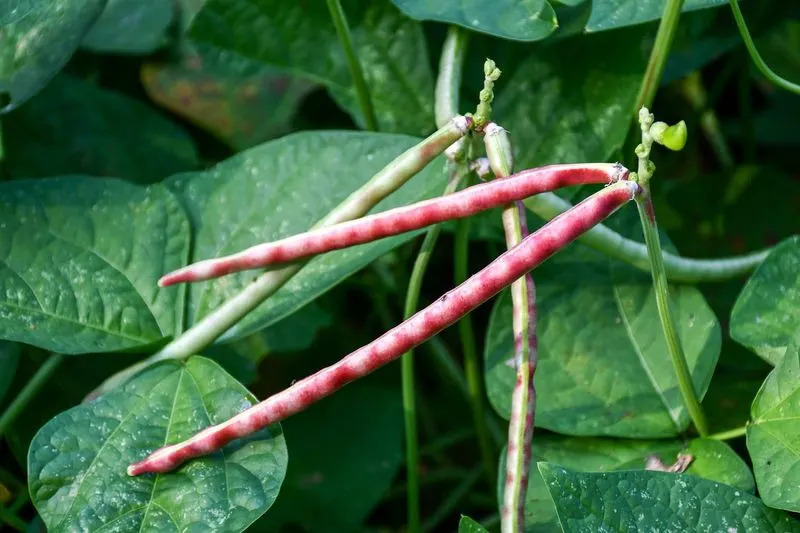
Cowpeas, known for their adaptability, thrive in a variety of climates and soil types. These legumes fix nitrogen, improving soil quality for subsequent crops. Their vigorous growth suppresses weeds, reducing garden maintenance. Cowpeas offer edible leaves, pods, and seeds, providing diverse culinary uses. When planted in rotation with other crops, they help maintain soil health and reduce the need for chemical fertilizers. Their resilience and productivity make cowpeas a versatile addition to gardens, especially in regions with challenging growing conditions. They are a testament to sustainable agricultural practices.

